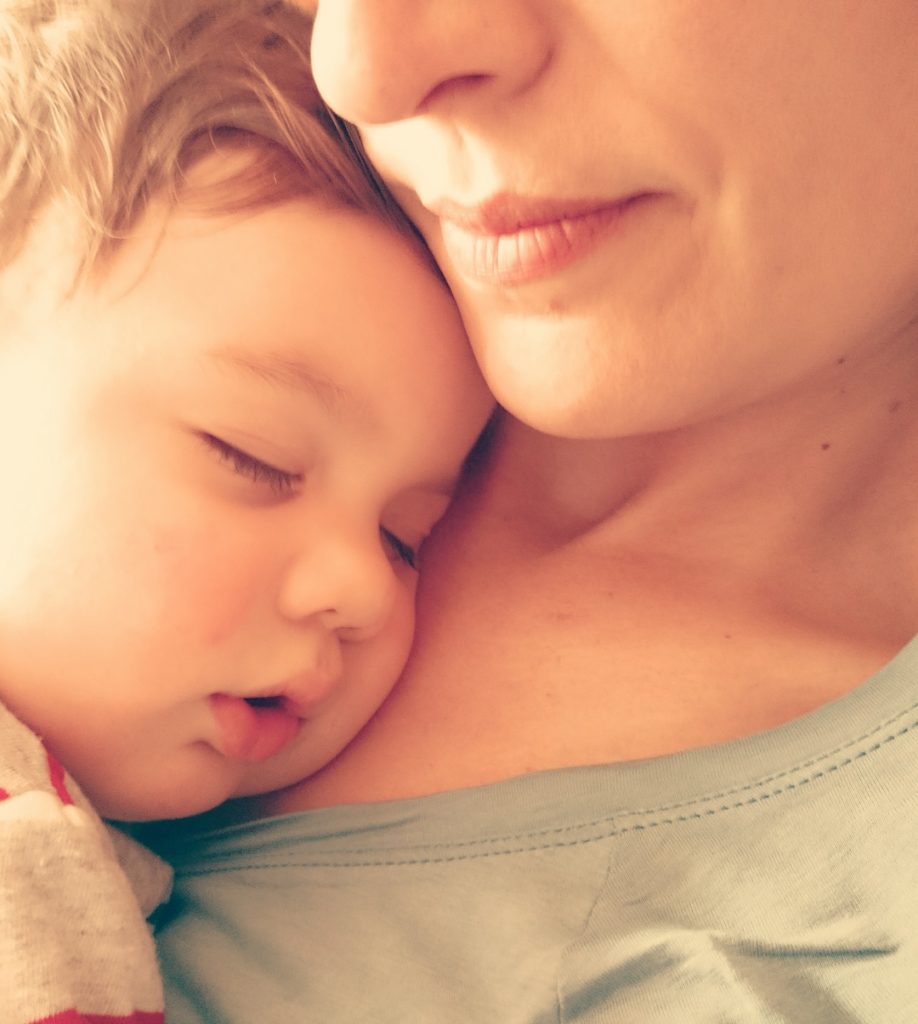Addiction Treatment or Punishment: Which Works Best Long-Term?

There has long been debate over whether addiction treatment or punishment has more long-term effectiveness. This article examines both sides to see which is more beneficial for individuals as well as society.
Addiction Is a Disease
Addiction is a chronic and progressive brain disease. Repeatedly taking drugs or alcohol leads to changes in the structure and function of the brain, ultimately resulting in compulsive substance use. It also causes loss of control over the related behaviors that characterize addiction. One of the responsibilities of a person with a substance use disorder is to seek treatment. It’s also society’s responsibility to make treatment available.
Since addiction is a progressive disease, if left untreated, the addiction will get worse. In this way, addiction is similar to other progressive and chronic diseases such as diabetes. If the person goes without treatment, then as time passes the diabetes will get worse. People with addiction also need treatment to learn new ways of thinking and behaving, otherwise the addiction will progress.
Punishment
When people are arrested for drug-related crimes, they are faced with criminal penalties such as incarceration. But is punishing people really that effective? After serving jail time, people suffering from a substance use disorder will often continue to use substances, which frequently leads to further drug-related crime that lands them back in jail. Why isn’t punishment effective?
Noted psychologist and author B.F. Skinner extensively studied human behavior. Skinner wrote that a behavior that is punished is likely to reappear after the consequences are withdrawn.1 Additionally, forcing abstinence through imprisonment isn’t treatment, and it doesn’t cure addiction. Individuals suffering from addiction must learn relapse prevention techniques, including those who may only have been abstinent due to incarceration.2
Once individuals are released from prison, they return to the same—or worse—pressures and stresses in life. Family dysfunction and peer pressure still exist. Daily life stress such as difficulty finding work, lack of stable housing and compliance with parole or probation creates stressful situations that can lead to substance abuse relapse.
Court-Ordered Treatment
For individuals with substance use disorders, court-ordered addiction treatment as punishment is an effective blend of consequences and treatment. Incarceration alone isn’t an effective long-term solution, according to research. One study reported that offenders who were in treatment for addiction but not incarcerated experienced fewer social problems than offenders who were incarcerated and were more motivated to change.3 This appears to show that people respond better to rehabilitative approaches than to punitive ones.
The criminal justice system can often apply legal pressure to encourage individuals to:4
- Enter treatment
- Attend treatment regularly
- Stay in treatment
- Attend rehab programs for longer periods of time
- Achieve positive treatment outcomes
Individuals with substance use disorders benefit more from a rehabilitative approach rather than punishment, and society benefits as well. People in recovery live more productive and rewarding lives. Society benefits from a decreased prison population, reduced crime rates and a healthier population.
- http://unifiedpsychotherapyproject.org/psychotherapedia/index.php?title=Operant_conditioning#Factors_that_alter_the_effectiveness_of_consequences
- https://www.drugabuse.gov/publications/principles-drug-abuse-treatment-criminal-justice-populations/why-do-people-involved-in-criminal-justice-system-c
- https://www.ncbi.nlm.nih.gov/pmc/articles/PMC1414650/
- https://www.drugabuse.gov/publications/principles-drug-abuse-treatment-criminal-justice-populations/legally-mandated-treatment-effective




